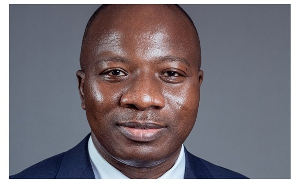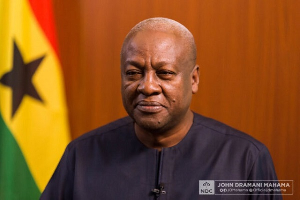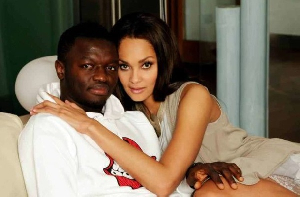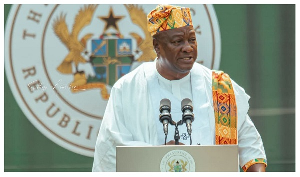My Learned Senior,
With the greatest of respect, I think you got it all wrong with your understanding and interpretation of Article 296(c) of the 1992 Constitution when you suggested that the President was in breach of the Constitution for failing to lay in Parliament a Constitutional Instrument to govern the exercise of his discretion to appoint persons onto the Supreme Court in line with Article 144.
For the avoidance of doubt, Article 296(c) provides as follows:
“where the person or authority is not a judge or other judicial officer, there shall be published by constitutional instrument or statutory instrument, regulations that are not inconsistent with the provisions of this Constitution or that other law to govern the exercise of the discretionary power”.
You and I know that, when it comes to constitutional interpretation, the Supreme Court, pursuant to Article 130(1), is the only institution clothed with this authority, and, fortunately, the Supreme Court has already given a definitive judicial pronouncement on the meaning and scope of Article 296(c) in Ransford France (No.3) v Electoral Commission and Attorney General (No.3) in the year 2012.
Senior, in case you have forgotten, the Supreme Court, per Date Bah JSC (as he then was) rejected an invitation by the plaintiff to give the kind of interpretation you are giving to Article 296(c), which is to require that before any discretion is exercised by a public official and agency, the official or agency must first publish Regulation or CI governing the exercise of that discretion.
The court reasoned that:
“it would be a clear meltdown, so to speak, of government as we have known since 1969. It would be thoroughly impractical for public officials and agencies in general to publish regulations governing their discretions before they could exercise them, on pain of the invalidity of those discretionary decisions. Literally, thousands of decisions already taken by public officials and agencies since 1969 would be rendered invalid”.
I have nothing useful to add, except to say that if the Supreme Court, as clearly elucidated, does not require the EC to publish by constitutional instrument, regulations to govern the exercise of its discretionary power, why do you think that the Supreme Court would require same from the President, in whom the Executive Authority of Ghana resides and in whom the government of Ghana is personified by the combined effect of Articles 58 and 295?
This is certainly not the law I was taught at the Ghana School of Law. Unlike you, I am yet to get to Havard to study more law. Maybe, if I ever get there, by the grace of Allah, I would appreciate your line of ‘scholarly legal reasoning’. In the meantime, if you are so minded, you may want to test the law by heading to the Supreme Court just as you did when you were challenging the President’s Free SHS policy.
Assalamu alaik
Your Learned Junior,
Iddi Muhayu-Deen, ESQ
#ForGodAndCountry
Opinions of Wednesday, 14 August 2024
Columnist: Iddi Muhayu-Deen



















